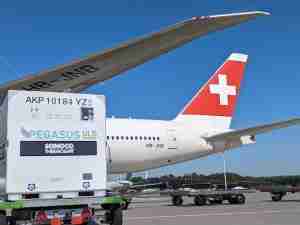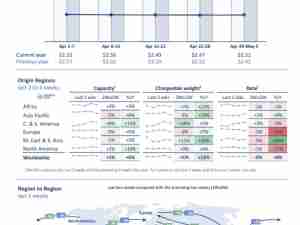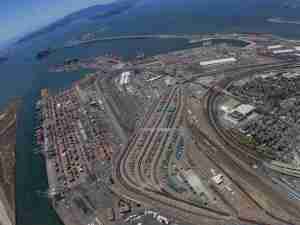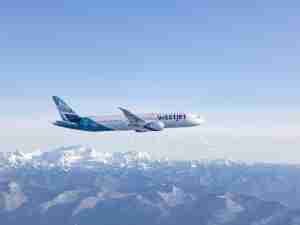DHL commissions research to examine international growth potential of small and medium-sized
posted by AJOT | Sep 04 2013 at 01:45 PM | Air Cargo | Logistics
The research study, performed by Dr. Donald R. Lessard of MIT, uses a newly developed capabilities test to assess the feasibility of several small to medium-size companies that were interested in expanding their business to the international marketplace. Known as simply a “RAT Test”, Lessard’s model helps determine how successful a SME may be in new international markets by analyzing if its immediate value proposition is underpinned by a set of qualifications that areRelevant,Appropriable, andTransferable.
“A firm’s ability to exploit its capabilities in the international marketplace depends, in large part, on how it can systematically understand, standardize and replicate these capabilities and products in other locations,” said Ian Clough, CEO of DHL Express U.S. “Although businesses have a lot to consider, our vast experience working in local markets across 220 countries and territories tells us that there is much to benefit for small and medium-sized businesses in looking abroad for new sources of revenue.”
According to the research by Dr. Lessard, once a firm “understands itself” then it should apply the RAT test to explore the capabilities that underlie its products and/or services and determine if they will “travel.” The capabilities developed in the home market must beRelevantto the target market,Appropriableto allow for the capture of the value they create andTransferableso it can deploy its capabilities effectively in the target foreign location without requiring a local footprint that costs without destroying the potential value.
In one case study example, a 10-year old insulation company passed the RAT test because its product was universal and technically superior (Relevant), while being protected by trade patents (Appropriable) and was Transferable due to its high value of weight to volume ratio and relatively large ticket sales to small number of customers.
The release of this research comes at an opportune time for SMEs as an estimated 95 percent of the world’s consumers live outside of the U.S. and the International Monetary Fund forecasts that over the next five years nearly 87 percent of world economic growth will take place outside of the United States.
“To shape an economy that is built to last, we’ve got to ensure that U.S. businesses can sell their products in as many markets as possible, especially if America is going to remain competitive in the 21st century,” said Francisco Sánchez, Under Secretary of Commerce for International Trade. “This important research can help businesses learn about overseas markets for their products, potentially helping them realize the incredible benefits that exporting can offer.”










